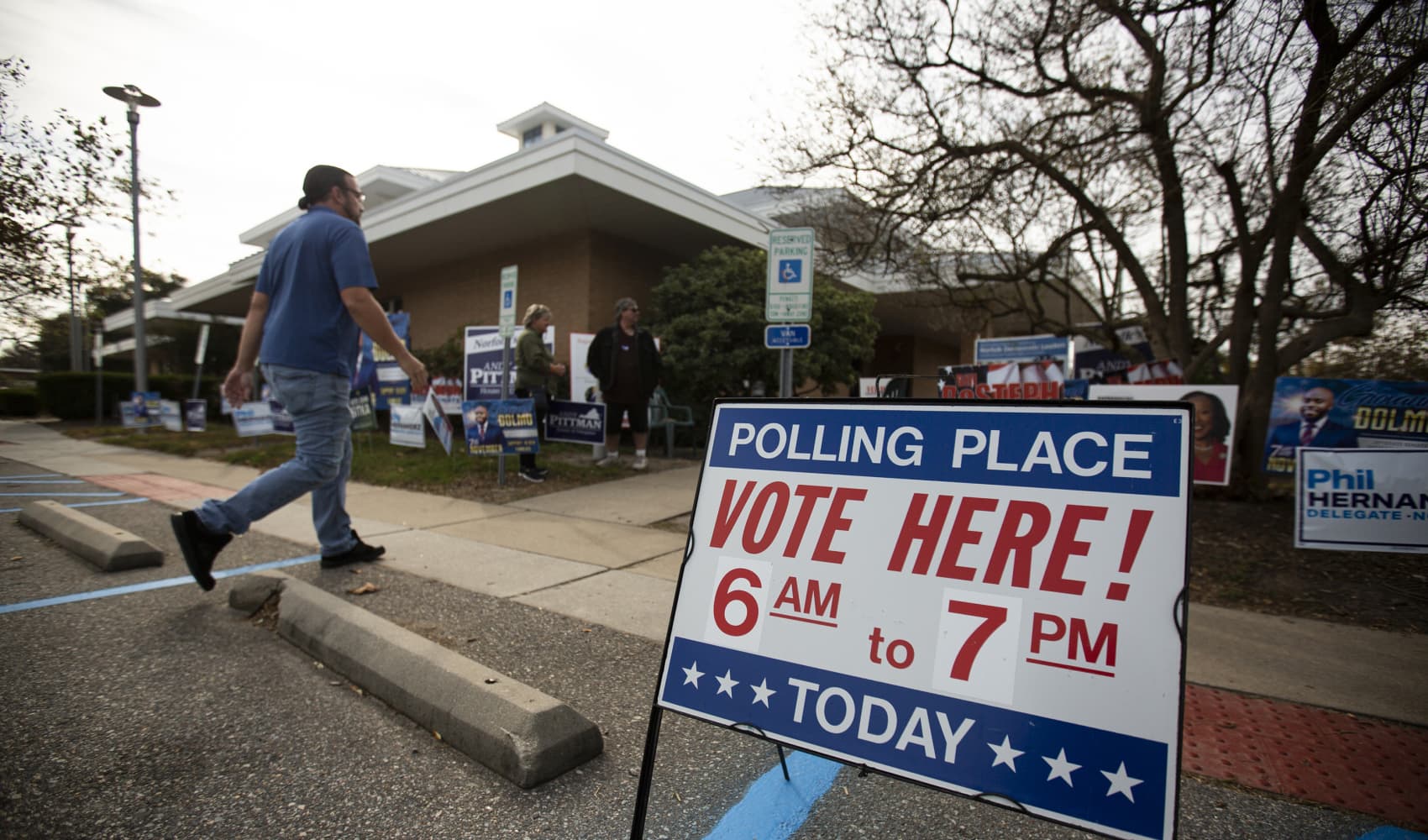
I've spent the last decade immersed in the science of happiness, and I've learned that our relationships are the most important factor contributing to our personal wellbeing.
While I was researching my new book, "New Happy: Getting Happiness Right in a World That's Got It Wrong," I discovered that there are two major barriers that get in the way of better relationships — and therefore happier lives:
- We're never taught how to build healthy and supportive relationships, but it's a skill that, like any other, needs to be cultivated
- We live in a world that makes it difficult to invest time to hone this skill and build relationships, which often end up taking a backseat to work and other responsibilities
DON'T MISS: The ultimate guide to becoming a master communicator and public speaker
Here's the good news: Your words have the power to make someone else feel seen, heard, and loved. And by creating happiness for someone else, you ultimately end up experiencing it yourself.
Here are 10 sentences I try to use every single day to keep my relationships thriving and put what I've learned about happiness into practice.
1. 'How are you feeling, really?'
Money Report
Even in our closest relationships, we often hold back on sharing how we truly feel, too worried about being a burden or an imposition.
Asking this question lets people we care about know that we do want to hear about the vast range of emotions they're experiencing.
Feeling out of the loop? We'll catch you up on the Chicago news you need to know. Sign up for the weekly Chicago Catch-Up newsletter.
It also gives them a chance to use "labeling," a powerful psychological strategy. Research has found that putting your feelings into words — like saying "I'm really stressed" or "I'm feeling a bit down today" — makes it easier to cope with those feelings.

2. 'Will you tell me more?'
We use four types of questions in our conversations, according to researchers from Harvard. The most powerful by far are the follow-up questions that dig deeper and solicit more information.
Inviting someone to expand on their thoughts or feelings shows them that we really care.
3. 'I'm grateful for you'
Taking a moment to thank someone doesn't only make them feel good — it helps us, too. Studies have found that gratitude acts like a protective 'stress-buffer.'
For example, one study looked at couples who were facing financial difficulties: Grateful couples were less affected by those challenges and felt more satisfied with their relationships.
All around you, people are contributing to your wellbeing in different ways — like the colleague at work helping with a project or the friend giving you thoughtful advice. Make it your mission to spot their efforts and thank them.

4. 'You're great'
We wildly underestimate the effects of a simple compliment. In fact, being paid a compliment activates the same part of your brain that receiving money does.
Try to focus on a person's inner qualities like their patience, kindness, or courage. These compliments tend to mean the most and lead to the greatest increase in relationship satisfaction.
5. 'I forgive you'
We tend to judge others' mistakes far more harshly than our own, like when a spouse forgets to do a chore, a colleague makes an error on a report, or a friend promises to call but doesn't.
Wherever possible, try to tap into your compassion and forgive them, recognizing that making mistakes is a part of being human.
Forgiveness is associated with improved psychological wellbeing and better outcomes at work.
6. 'Keep going'
Everyone we know is trying to achieve goals that matter to them — and facing challenges and setbacks. Our words of encouragement can inspire them to persevere.
For example, in one study, PhD advisors wrote encouraging notes to their advisees, using phrases like, "I want you to know I have total confidence in you." A month later, those advisees felt more positive about that relationship, more motivated to keep pursuing their research, and more interested in staying in academia.

7. 'What do you need?'
By the age of seven, children start to exhibit a fear of asking for help, worrying that it will make them look incompetent in front of others.
Help kids and adults in your life get the help they need by using this question.
8. 'It's OK if this feels hard'
Our culture teaches us that pain is shameful and embarrassing. As a result, when someone we love is suffering, we might tell them to look on the bright side and cheer up. These well-intentioned comments can make people feel very alone.
By validating people's feelings instead, we can give them support in the moment and help them develop greater self-compassion.
9. 'You matter to me'
It's all too easy to take our most important relationships for granted. It's the result of a phenomenon called hedonic adaptation, where our brains are wired to get used to the good things in our lives.
To overcome this tendency, take a moment and imagine what your life would be like without this person. You'll likely have a new awareness of just how important they are. Don't forget to tell them.

10. 'I love you'
All of these sentences are, at their core, different ways of expressing our love — but there's no replacing the simplest and most straightforward statement.
Every moment of love shared between two people has an impact, with studies showing that it boosts both parties' wellbeing, relationship satisfaction, and sense of meaning in life.
One last tip
You can use these same sentences with yourself, too. Just as they strengthen your relationships with others, they can also strengthen your relationship with yourself.
Stephanie Harrison is the founder of The New Happy, an organization advancing a new philosophy of happiness. She is an expert in happiness, speaker, designer, and author of the book "New Happy: Getting Happiness Right in a World That's Got It Wrong." Follow her on Instagram, TikTok and LinkedIn.
Want to be a successful, confident communicator? Take CNBC's new online course Become an Effective Communicator: Master Public Speaking. We'll teach you how to speak clearly and confidently, calm your nerves, what to say and not say, and body language techniques to make a great first impression. Preregister today and use code EARLYBIRD for an introductory discount of 30% off through July 10, 2024.






